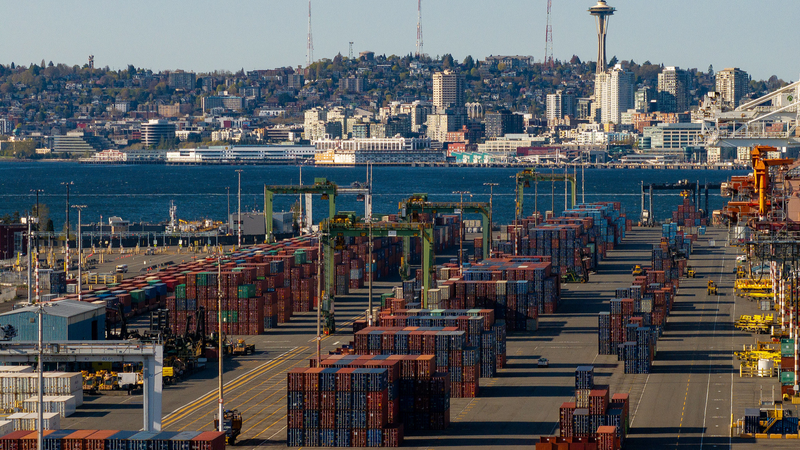Imagine you're a small exporter in Germany shipping components abroad. On April 2, the Trump administration unveiled a new "reciprocal tariffs" policy, slapping duties on imports from countries that target American goods. Overnight, businesses from Europe to Asia felt the sting: higher costs, longer lead times, and rising uncertainty.
Experts warn this move has "severely disrupted the international economic order," shaking the foundations of the rules-based trading system built after World War II. At stake: supply chains that power tech startups, agricultural exports, and e-commerce at a time when emerging markets are hungry for growth.
For young global citizens tracking cross-border trends, this isn't just a headline—it's a ripple affecting everything from your next smartphone to coffee beans on your morning brew. Pricing pressure could mean a 10% jump in your gadget bill, while farmers might struggle to find new buyers.
Business and tech enthusiasts see opportunity in volatility. Startups are rethinking manufacturing hubs, shifting operations to Latin America or Southeast Asia to dodge tariffs. Investors are eyeing markets with stable trade ties as safe havens.
Thought leaders voice concerns about the broader impact: if every nation adopts tit-for-tat duties, the resulting fragmentation could slow growth and undermine progress on sustainability and human rights tied to economic collaboration.
As the global community waits for negotiations and possible WTO disputes, one thing is clear: tariffs may be fueled by politics, but their repercussions are deeply personal, influencing the cost of living, travel, and the flow of ideas. For travelers and digital nomads eyeing low-cost destinations, shifting trade relationships could reshape tourism hotspots.
In a world crisscrossed by digital links and physical goods, the health of the multilateral trading system matters more than ever. The April 2 policy is a stress test—and the outcome will redefine how businesses and citizens engage across borders in the years ahead.
Reference(s):
US tariff policy impacts the global multilateral trading system
cgtn.com




